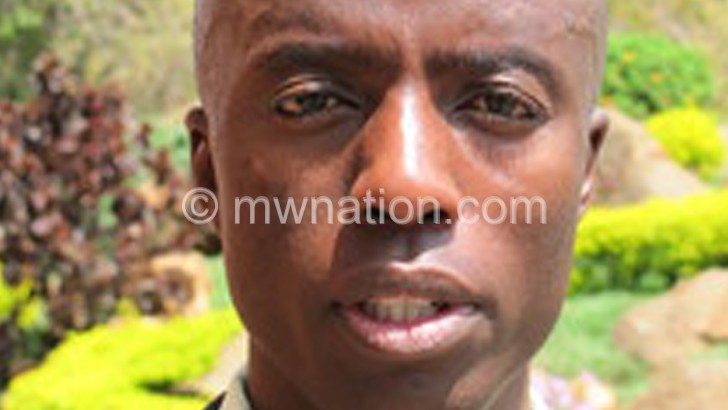Parliament, MEC tussle over nomination fees
A parliamentary committee assigned to police State-controlled commissions operations has accused MEC of failing to account for nomination fees collected during the 2019 Tripartite Elections.
But the Malawi Electoral Commission (MEC) has disputed the claim, saying it accounted for the fees during previous meetings with the committee.
In an interview on Wednesday, Commissions, Statutory Corporations and State Enterprises Committee chairperson Jason Isaac Kaneka said his team has since 2019 been asking MEC to provide a detailed account of the funds but to no avail.

He said all the times MEC has been appearing before the committee it has reported a different figure of what they collected.
Said Kaneka: “In 2019, MEC said it collected K60 million and the following year it mentioned around K90 million then they said around K600 million. What MEC should know is that we know the number of the people that contested as presidents, parliamentarians and councillors.”
During the recent budget sitting, a report from a cluster comprising members of the committees of Public Appointments and Commissions, Statutory Corporations and State Enterprises demanded that MEC to furnish parliament with a detailed account of the nomination fees.
“MEC should present to its relevant parliamentary committee a detailed account on the utilisation of the nomination fees,” reads the report presented in the National Assembly on March 8 2022.
Kaneka in the interview also said MEC defied his committee’s request to bank the money in government’s Account Number One.
He said: “They may argue that MEC can bank its money elsewhere as they wish, however let them know that they took that money from the people and they must account for it.
“We need to know how much they collected, how they utilised it and justification. We can’t just sit and watch people abusing public funds.”
In response to a questionnaire on Friday, MEC director of media and public relations Sangwani Mwafulirwa said they banked the funds at Alliance Capital Limited.
“The commission has fully accounted for nomination funds. The fees were invested with Alliance Capital and are intact. This fact has always been disclosed,” he said.
Mwafulirwa added that they can only spend the funds after approval from the Ministry of Finance.
He said: “As per the provisions of the Electoral Commission Act, there are various sources of funds for the commission and nomination fees are one of them.
“It should be stated that before any decision to spend nomination fees, the commission consults with the Ministry of Finance. It is in this vein that the commission did request to use part of these funds to finance the Review of Constituency and Ward Boundaries.
“It has also to be stated that the Electoral Commission Act empowers the commission to invest funds not immediately required as per Section 17.”
Mwafulirwa further disclosed that MEC realised K600 million through parliamentary and presidential nominations and K90 million from local government election candidates.
The European Union Election Observation Mission report on Malawi 2019 elections details that there were seven presidential candidates.
It further reports that a total of 1 327 candidates competed for the 193 parliamentary seats. Of these candidates 309 were women. On local government elections, there were 2 064 candidates. Of these, 645 were female.
Nomination for parliamentary elections fees were pegged at K500 000 for male candidates and K250 000 for female candidates while the local council elections were pegged at K40 000 for male candidates and K20 000 for female candidates.
Presidential candidates paid K2 million.
MEC has been failing to recover K700 million it invested in investment and portfolio management firm Alliance Capital Limited.





